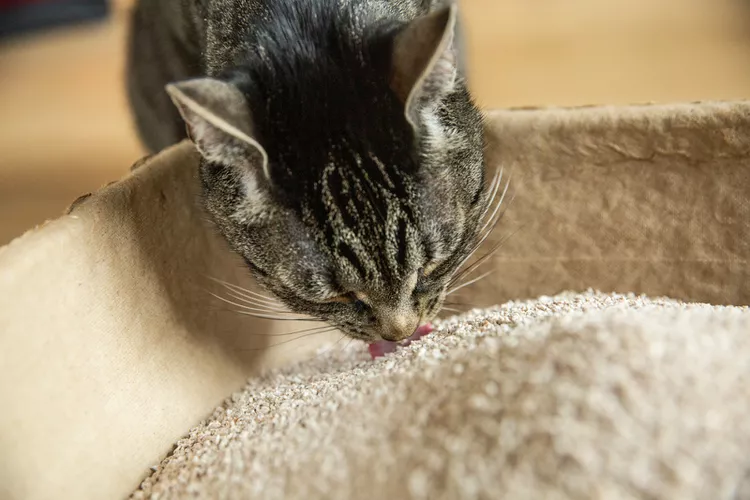
Cats may eat litter—and other undesirable materials—for a variety of reasons. This behavior is referred to as pica, the eating of non-food items.
Pica has a variety of causes and may stem from a mom abandoning her kittens, which can manifest itself in nursing behavior. Cats with pica can target all types of materials: plastic, fabric, string, paper, dirt, and even litter.
Some forms of pica may be relatively harmless or annoying—such as licking plastic bags—but eating non-food substances can cause intestinal blockages. Also, it can be a sign of an illness.
If your cat or kitten is eating litter, it could be either a health or behavior issue. If you suspect it's a health issue, you should bring your cat to the veterinarian right away, especially if the behavior appears suddenly.
Some kittens may eat litter purely out of curiosity and will grow out of the behavior with close monitoring.
Eating litter could be a sign that your cat is sick, and in particular, anemia is a condition where an affected cat could be exhibiting this sign. Anemia occurs when there is a lack of red blood cells and hemoglobin. Cat owners should check for gums that are pale, white, or bluish. Anemia can indicate a deficiency in iron, trace minerals, vitamins, or essential fatty acids.
Additionally, if your cat is anemic, the anemia could also be a sign of underlying feline leukemia virus (FeLV), kidney disease, bone marrow disease, or parasites.
Your veterinarian will perform a standard exam and will likely recommend blood work, including a complete blood count (CBC) and urinalysis. These diagnostics will confirm if the cat is anemic and help screen for underlying diseases.
Your cat could be eating litter if it's not getting sufficient nutrition from its food. This can occur if your cat is not eating a properly balanced diet, but it may also occur if your cat’s gastrointestinal tract is not effectively absorbing nutrients. Your veterinarian or a veterinary nutritionist can guide you on the appropriate steps to take if nutritional deficiency is suspected.
Kittens may eat litter out of curiosity, so it’s recommended not to use clumping litter until they are older. Ingesting clumping litter may cause an intestinal blockage. Be sure to use a non-toxic and environmentally friendly litter and monitor use. Remove your kitten from the litter box if you see it's eating the litter—just be sure your kitten has finished its business first.
Adult cats may also snack on litter if the type of litter has been changed recently, for instance, to a wheat- or corn-based litter.
Once your cat has received a clean bill of health, you can concentrate on redirecting his behavior from eating the litter. Of course, there are many types of litter: clay, clumping (scented and unscented), and those composed of corn, wheat, or paper. If your cat is eating one kind, try another.
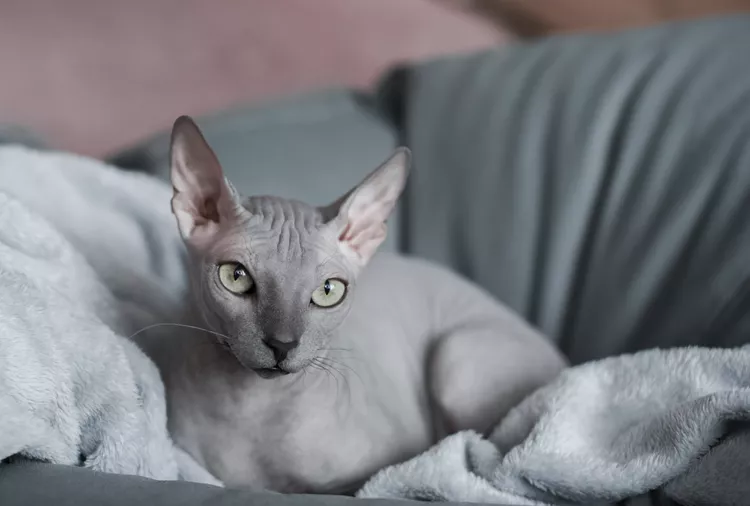
212 Hairless Cat Names For Your Beautifully Bald Feline
Discover the perfect name for your hairless cat with our list of over 200 creative and unique names. From quirky to classic, find a fitting choice for your beautifully bald feline companion.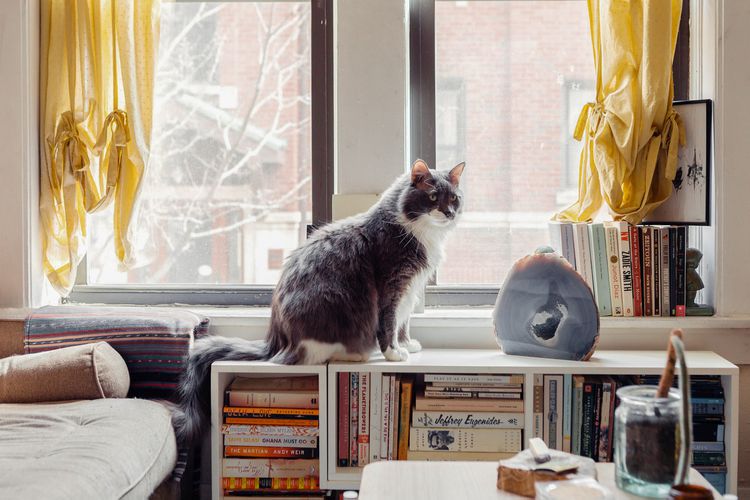
8 Things Your Cat Loves
Just like humans, cats can have a long list of things they like. Find out what cats love so you can keep your cat happy and healthy.
How to Tell If a Kitten is a Boy or a Girl
If you're wondering whether your new kitten is a boy or a girl, here are three ways to help determine the sex of your cat.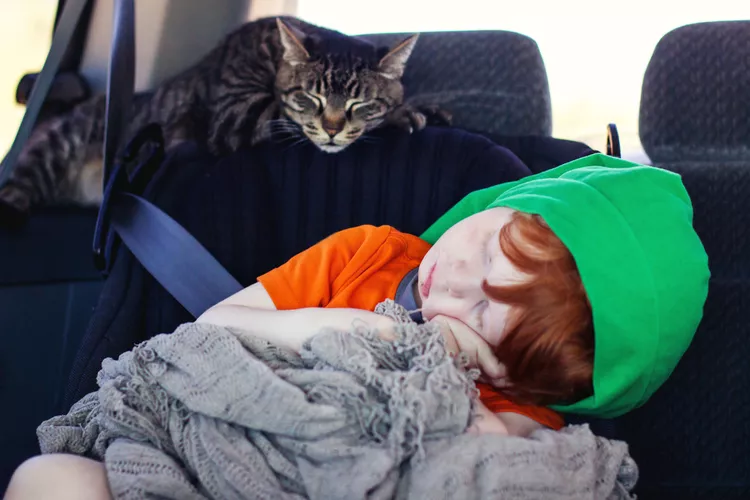
8 Tips to Help Cats Enjoy Car Travel
Cats are creatures of habit, and they hate to travel. Learn tips to prepare them for travel in the car, whether going to the vet or on vacation.
Common Causes of Mucus in Dog Poop
Seeing mucus in your dog's poop can be concerning to a dog owner. Here are common causes and treatment of mucus in a dog's stool.
Is Shrimp Bad For Dogs?
Shrimp can be a healthy, nutritional food for people but can dogs eat them, too? What are the main concerns with feeding shrimp to your dog?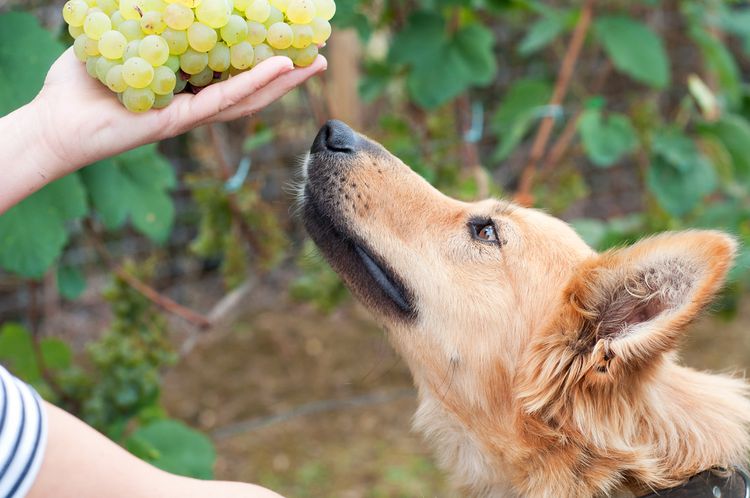
Can Dogs Eat Grapes?
Are grapes safe for dogs? Grapes and raisins can cause serious toxicity in dogs. Find out what to do if your dog eats grapes.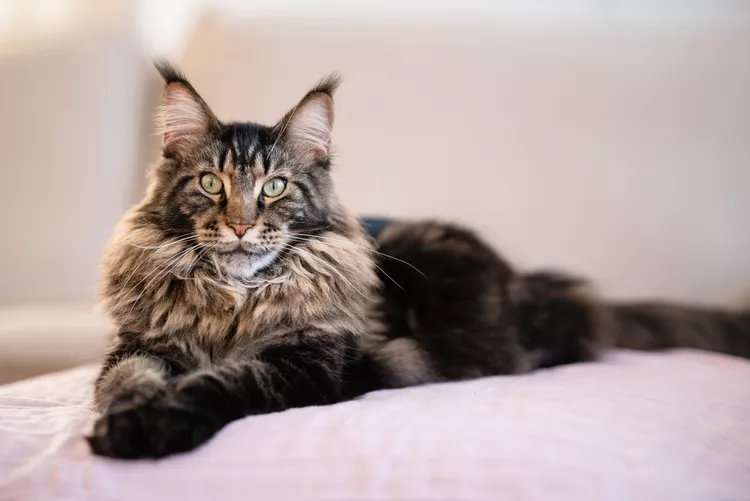
Maine Coon Cat: Breed Profile, Characteristics & Care
The Maine Coon cat is of the largest cat breeds in the world. These amiable, gentle cats make great companions. Learn about the Maine Coon cat breed's appearance, temperament, health, and care needs.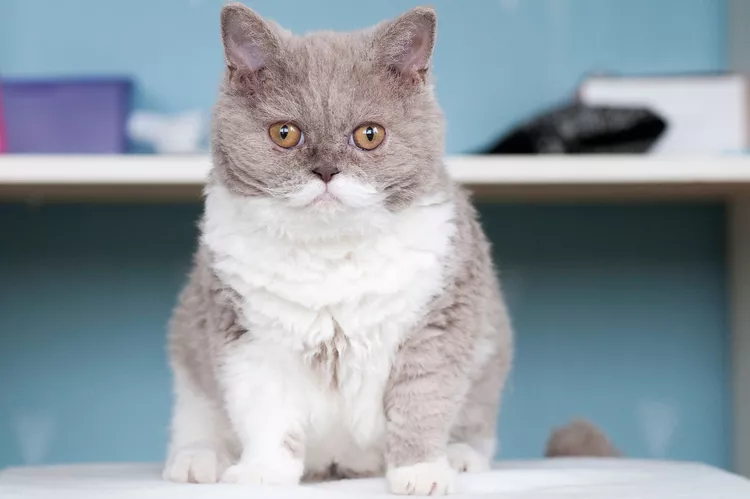
Selkirk Rex: Cat Breed Profile, Characteristics & Care
The Selkirk Rex is a charming cat with a tousled coat and a loving, laid-back personality. Learn about the Selkirk Rex breed.
How to Stop Your Cat From Chewing Electrical Cords
Cats are known to pounce and attack inanimate objects, like electrical cords. Learn how to prevent your cat from ambushing objects that may harm it.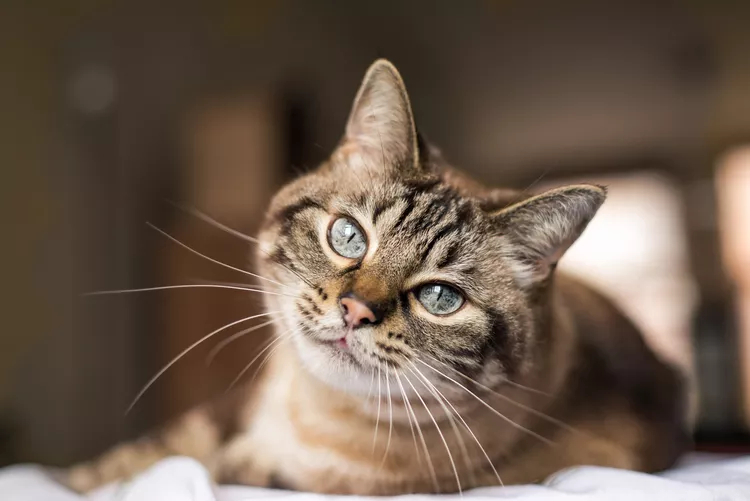
What Do Cats Think About?
Have you ever wondered what cats think about? A number of studies have explored cat behavior and feline cognition, but there's still more to learn.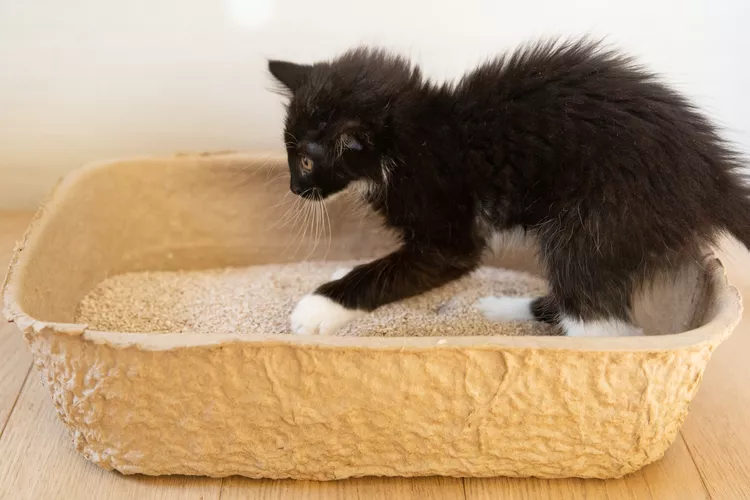
Training Your Kitten to Use the Litter Box
Bringing home a new kitten means they need to learn how to properly use a litter box. Discover how to successfully litter box train your kitten.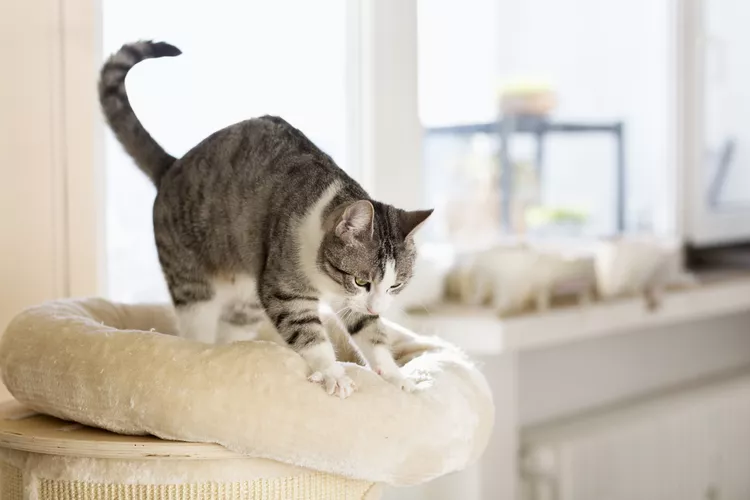
Why Do Cats Knead?
Kneading is a common behavior in cats of all ages. Learn why cats "make biscuits" and what it means for you, your cat, and all your blankets.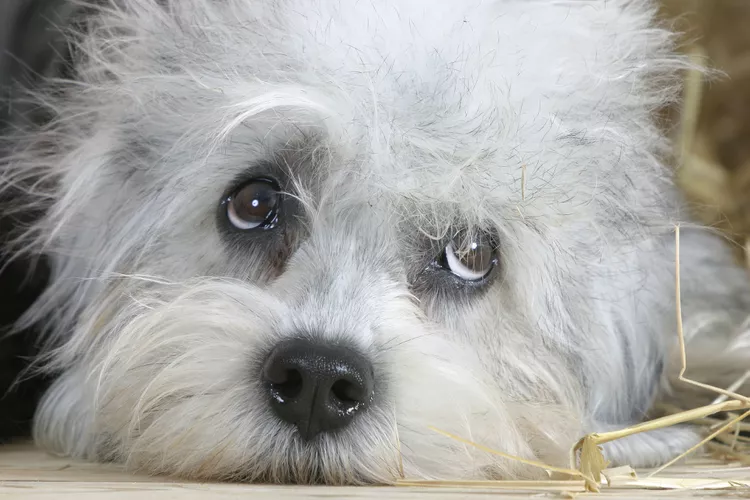
Dandie Dinmont Terrier: Dog Breed Characteristics & Care
Learn about the Dandie Dinmont Terrier, a silky dog breed with a signature puff of hair atop its head and a friendly, companionable personality.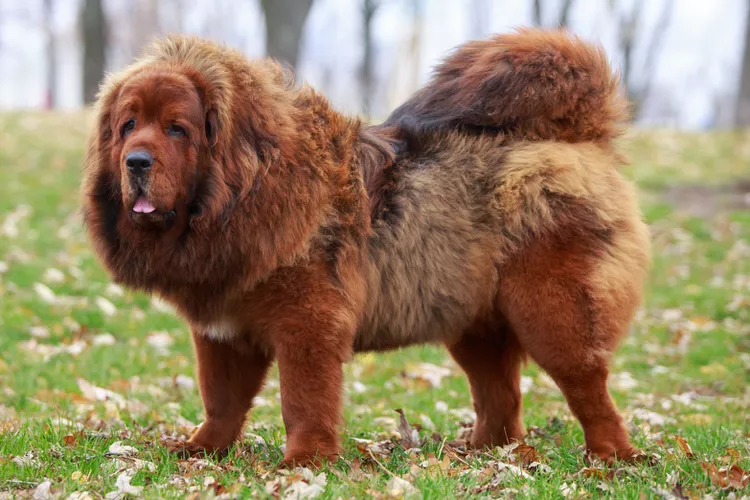
Tibetan Mastiff: Dog Breed Characteristics & Care
Learn about the Tibetan mastiff, an ancient guardian dog breed. This breed is known for their massive stature, flowing mane, and protective personality.
4 Reasons Why Your Dog Licks Their Butt
Butt-licking in dogs can be a part of normal grooming, but excessive butt-licking is not normal. Read about the most common reasons for this behavior.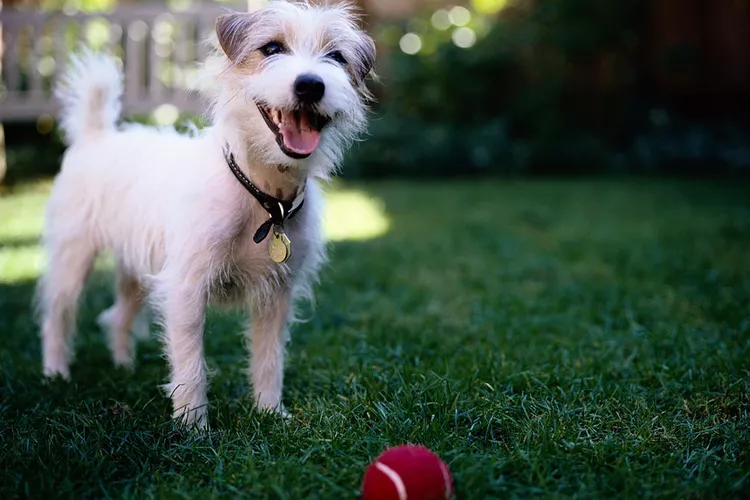
How to Teach Your Dog the "Leave It" Command
Training your dog the "leave it" command is a great way to instill self-control. Learn how to teach your dog to not pick things up from the ground.
How to Solve Your Dog's Fear of Car Rides
Is your dog scared of car rides? This fear of riding in cars is common. Learn why your dog is scared of car rides and how to help conquer this fear.
Can Dogs Get Depression? How to Help Your Sad Dog
Can dogs get depression? Learn about the signs of depression in dogs and find out how to help your sad dog.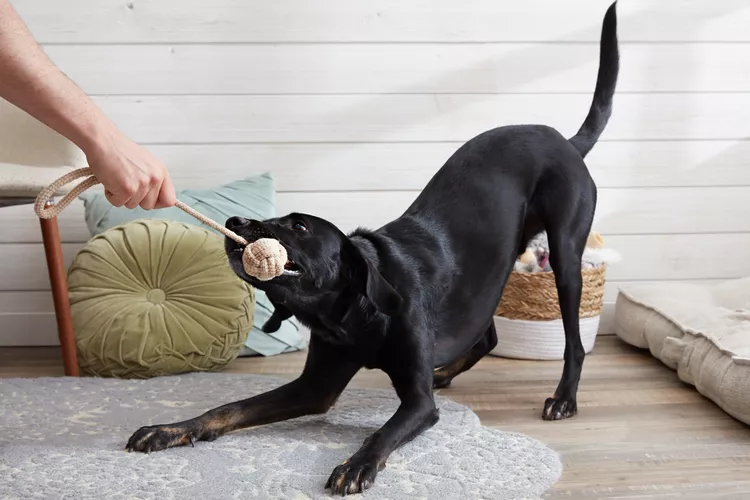
How to Play Tug of War With Your Dog
Many dogs love to play tug of war, and it's a healthy game that provides great exercise. Learn the best way to safely play tug of war with your dog.